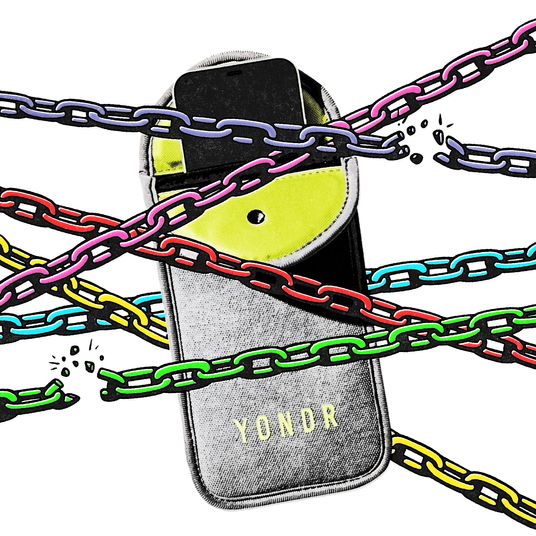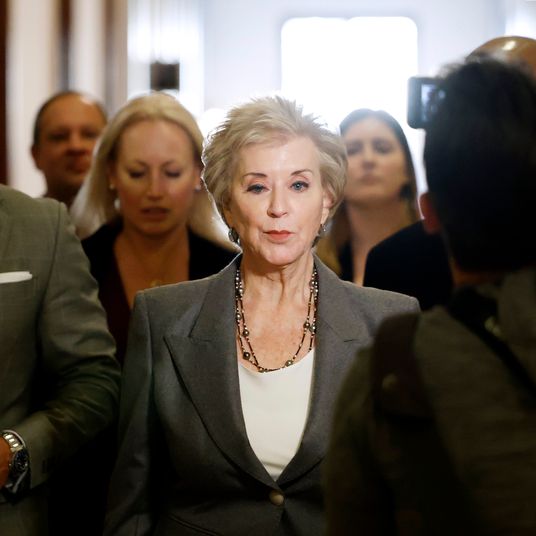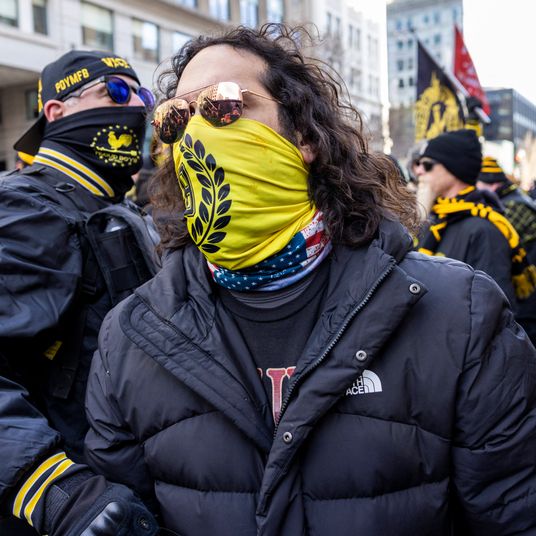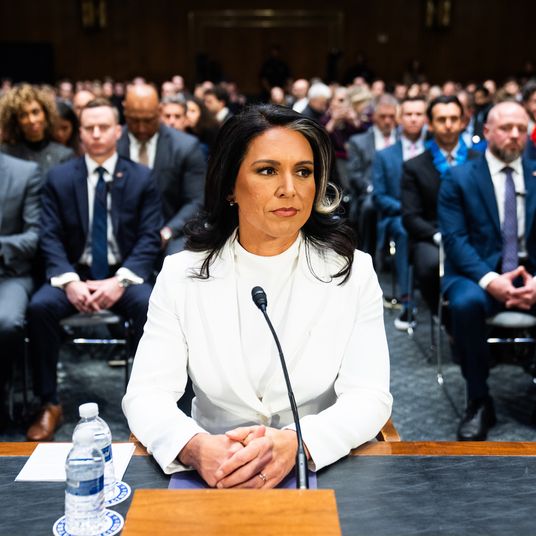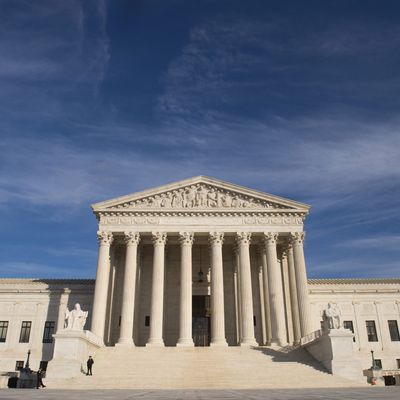
If there is one thing conservatives have worked hard to sell to the American public and the courts, it is the principle that only the text of a statute controls — that what legislators enacted is the law, and that judges are duty-bound to interpret the words, and only the words, in the legislative language. No more, no less. With Justice Antonin Scalia as the leading advocate for this project, they’ve succeeded, convincing even liberal jurists that textualism in the interpretation of statutes is the way to go.
On Tuesday, as the Supreme Court heard oral arguments in a trio of cases grappling with whether federal employment law already protects gay and transgender workers from discrimination in the workplace, Justice Elena Kagan summarized the success of Scalia’s enterprise. “For many years,” she said from the bench, “the lodestar of this Court’s statutory interpretation has been the text of a statute, not the legislative history, and certainly not the subsequent legislative history.”
This is not the first time Kagan has endorsed textualism. But with the Trump administration all but abandoning textualist arguments in arguing that Congress never intended the words “because … of sex” in Title VII of the Civil Rights Act of 1964 to encompass workplace discrimination against LGBTQ employees, she may have felt the need to remind everyone where she and most of her colleagues stood nowadays. “Did you discriminate against somebody … because of sex? Yes, you did. Because you fired the person because this was a man who loved other men,” Kagan said during the first of the morning’s two hearings, and then added: “If he were a woman, he wouldn’t have been fired.”
Then came this little lecture: “This is the usual kind of way in which we interpret statutes now. We look to laws. We don’t look to predictions. We don’t look to desires. We don’t look to wishes. We look to laws.” Scalia, Kagan’s erstwhile hunting partner, would’ve been proud.
By now, there’s little doubt that the looming decision in Bostock v. Clayton County, Altitude Express v. Zarda, and R.R. & G.R. Harris Funeral Homes v. EEOC, the three cases the Supreme Court considered over the course of two hours on Tuesday, will be a landmark for gay rights. Until last year, when Justice Anthony Kennedy retired, in effect surrendering his seat and legacy to Donald Trump, those rights appeared secure, yet amenable to a raft of religious challenges that the Supreme Court nonetheless seemed in no rush to settle. No more: Neither Scalia’s replacement, Justice Neil Gorsuch, nor Kennedy’s, Justice Brett Kavanaugh, are the centrist pragmatists that prior Republican appointees strived to be. They’re culture warriors in the mold of Justice Samuel Alito, who has worried publicly about morality and religion being under siege in the United States, and who on Tuesday expressed concern about “what some people will say” if the nation’s highest court were to rule that a civil-rights statute enacted more than 50 years ago were now read to encompass job protections for gay and transgender workers.
Alito couldn’t help but answer his own question: “What they will say is that whether Title VII should prohibit discrimination on the basis of sexual orientation is a big policy issue, and it is a different policy issue from the one that Congress thought it was addressing 1964.” He added that reading that into the law, which lawmakers have declined to amend to cover this kind of discrimination, would be akin to “acting exactly like a legislature.” Alito is correct to note that Congresses past have tried but failed to update Title VII to explicitly bar employers from taking adverse employment actions against LGBTQ workers. This past May, the Democratic-led House passed a sweeping bill that not only would do that, if signed into law, but would also overhaul other federal anti-discrimination laws. The bill is now sitting in committee, and probably will until the Senate changes hands.
But if you’re a real textualist, all of that is beside the point. As Pamela Karlan, the lawyer for the two gay men at the center of the first half of Tuesday’s session, put it in her straightforward first few minutes at the podium, Title VII as it exists today resolves the case:
When an employer fires a male employee for dating men but does not fire female employees who date men, he violates Title VII. The employer has, in the words of Section 703(a), discriminated against the man because he treats that man worse than women who want to do the same thing. And that discrimination is because of sex, again in the words of Section 703(a), because the adverse employment action is based on the male employee’s failure to conform to a particular expectation about how men should behave; namely, that men should be attracted only to women and not to men.
Karlan’s first few minutes at the podium were so assertive and to the point, she even left the justices speechless for a few seconds. Justice Ruth Bader Ginsburg, herself an early proponent of a slow and incremental understanding of gender equality under the law, asked Karlan to describe why discrimination against gays and lesbians “could not have been in Congress’s mind” at a time when many states outlawed same-sex relationships and homosexuality was considered a mental illness by American Psychiatric Association. Karlan responded: “In 1964, those were the days of Mad Men, so the idea that sexual orientation would have been reached — most courts didn’t find sexual harassment to be actionable until this Court did.”
Indeed, there’s no evidence that the Congress that approved the 1964 law ever had considered sexual harassment of the Me Too kind to be a form of sex discrimination at the moment of passage. It took advocates and social movements beginning in the 1970s to convince American courts, including the Supreme Court, that that was the case. The same goes for declaring unlawful sex stereotypes about how women should dress and behave, or that Title VII covers “severely hostile or abusive” harassment by men against another man for not carrying himself like society expects him to. “The critical issue, Title VII’s text indicates, is whether members of one sex are exposed to disadvantageous terms or conditions of employment to which members of the other sex are not exposed,” Scalia once wrote in a ruling that’s critical to the plaintiffs in these cases.
Yet this jurisprudential history didn’t seem to carry much persuasive force with some of the more conservative justices on Tuesday. Instead, there were concerns about bathroom usage, “massive social upheaval,” and what would happen to “judicial modesty,” as Gorsuch put it, if the Supreme Court were to find that LGBTQ workers are somehow protected by existing federal law. Not to be left behind, a lawyer for the Trump administration, which tried unsuccessfully to reverse a years-long position by the Equal Employment Opportunity Commission on these issues, also sounded the alarm, as if to dare the justices to not go where lawmakers haven’t. “I actually find it troubling for courts to take that approach because I actually think it deprives the people of the ability to struggle with these issues democratically,” Noel Francisco, the Justice Department’s solicitor general, said.
Those were precisely the worries voiced at the time the Supreme Court settled, for the entire nation, marriage equality once and for all. The sky didn’t fall — there may still be open questions about wedding cakes and photographers and other religious objections, but the country has more or less adjusted to the new reality. Neither did the sky fall when Congress, several decades ago, imposed on employers and businesses, even those southern establishments that once claimed religion gave them a right to discriminate, an obligation to treat everyone equally. Begrudgingly or not, everyone adjusted.
The question, then, becomes whether the Supreme Court is ready to declare what the law is with the text that’s in front of it. If it does, and there’s a backlash, as there has been in this same area of the law, there’s a solution. “Interpreting a statute is not depriving the democratic process,” the ACLU’s David Cole, who represented transgender worker Aimee Stephens, told the justices on Tuesday. “It is doing what the Court is supposed to do within the democratic process, and of course if the democratic process disagrees with the Court’s interpretation of the statute, it can change it.”

























